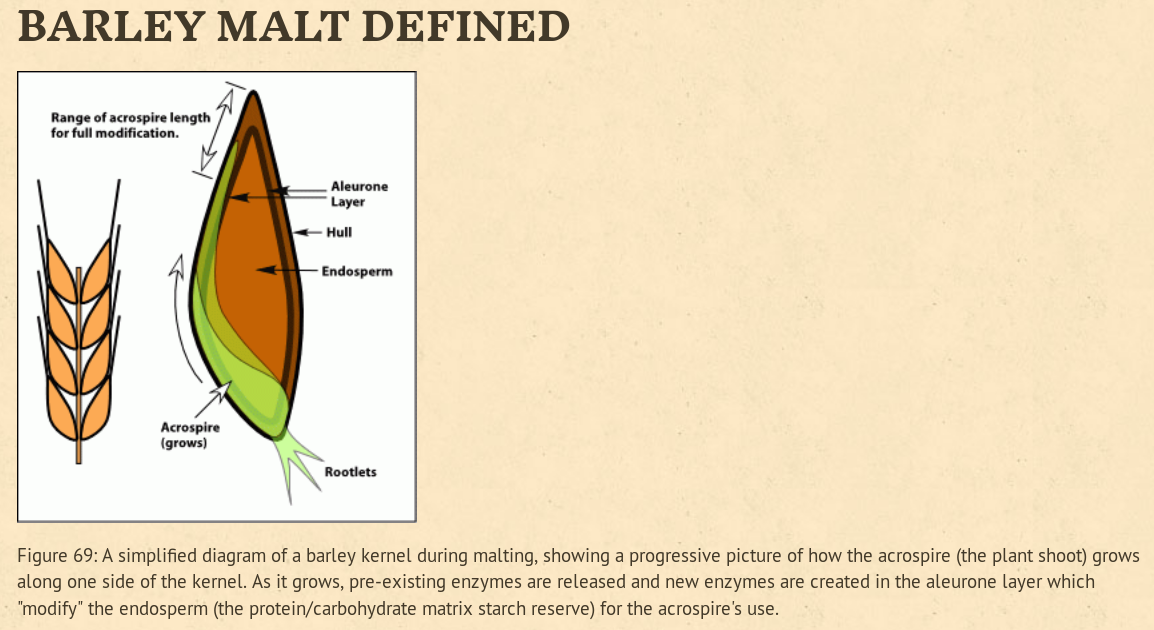michiganflyer
Member
Question on Mashing --- I was targeting a mash temp of 154 but hit 160 for about 10 minutes.
Then finally got it dropped down to 154. So my question is around the time it was at 160 and dropping. If I understand correctly higher temps get more unfermentable dextrines and a higher body. But as temp drops will they continue to break down to more easily fermentable----- or once converted are those starches are done? I know at higher temp conversion goes faster.
Thanks in advance.
Ron
Then finally got it dropped down to 154. So my question is around the time it was at 160 and dropping. If I understand correctly higher temps get more unfermentable dextrines and a higher body. But as temp drops will they continue to break down to more easily fermentable----- or once converted are those starches are done? I know at higher temp conversion goes faster.
Thanks in advance.
Ron



